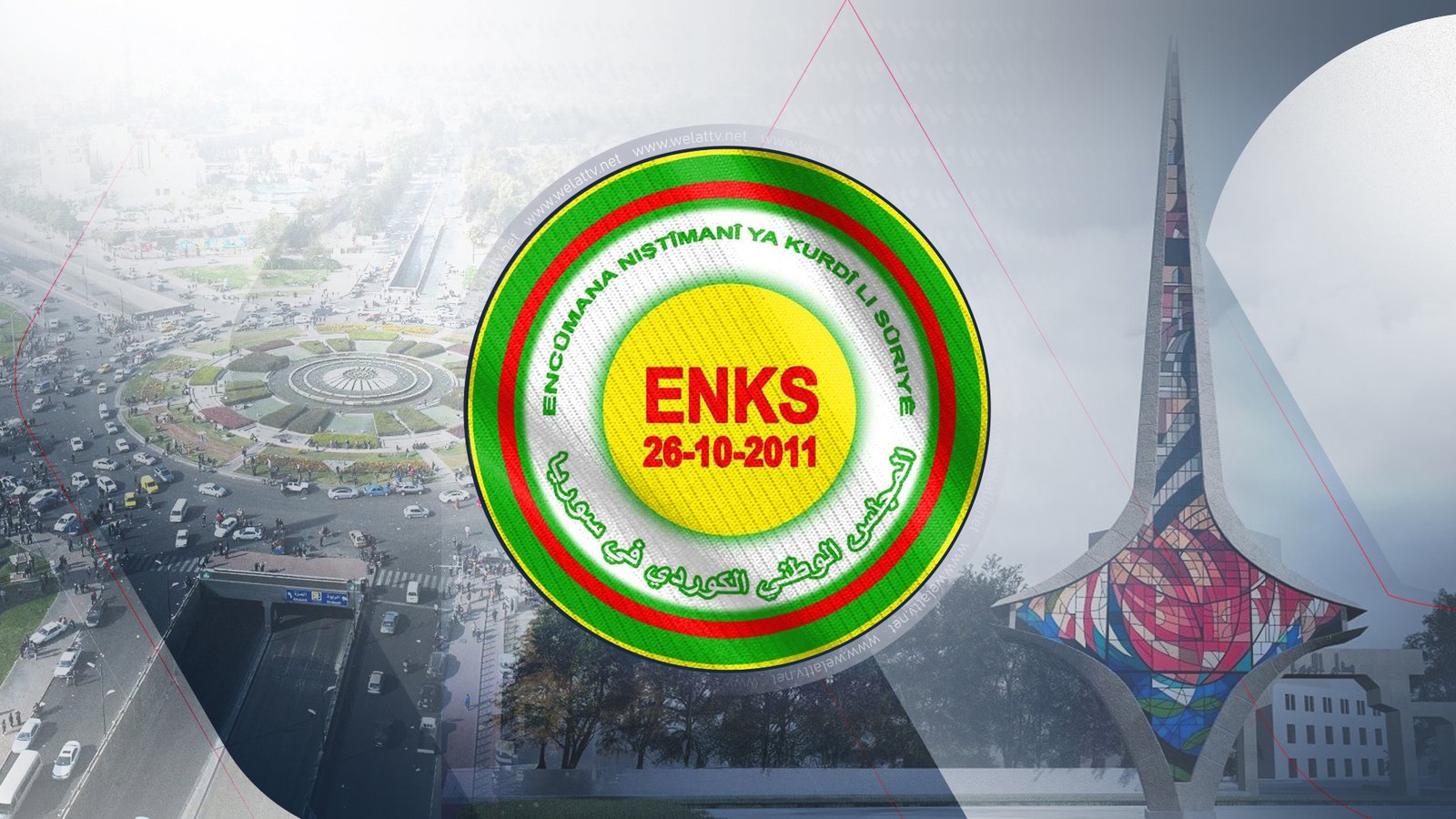Barzani-backed Syrian Kurdish council to meet with Syrian leaders in Damascus

A senior delegation from the Syrian Kurdish National Council (better known as KNKS), a Barzani-aligned umbrella group, is preparing to visit Damascus to meet with Syrian officials including interim president Ahmad al-Sharaa, to discuss the Kurdish issue. According to ENKS-affiliated Welat TV, the delegation has been invited by the Syrian government, and the visit is expected soon.
Context: The delegation is expected to consist of 15 senior ENKS leaders. While it remains unclear whether they will meet directly with President al-Sharaa or Foreign Minister al-Shaibani.
Analysis: This move signals the practical collapse of the joint Kurdish delegation created after the landmark all-Kurdish conference in April, which endorsed federalism for Kurdish areas in Syria. That delegation was officially formed and named, but after a single gathering, it has effectively gone dormant.
The ENKS insists its upcoming talks with Damascus will remain within the framework of the April conference recommendations and focus on Kurdish rights. Politically, however, the decision underscores a clear split from the SDF, which governs a multiethnic and demographically diverse region. Damascus’s willingness to receive the ENKS at a high level reflects a classic “divide and rule” strategy—aimed at weakening the SDF’s negotiating hand and undercutting its claim to represent all of Syria’s Kurds.
As we reported two weeks ago, cracks in the ENKS–SDF front have been visible for some time. The rift widened after a Hasakah conference that brought together diverse communities of northeast Syria and endorsed decentralized governance. This infuriated ENKS leaders. Abdulhakem Bashir, head of the KDP-S (a core ENKS party), sharply criticized the event, accusing the SDF of betraying the April agreement. He claimed the SDF had manipulated ENKS as a tool, dragging it into confrontation with both Damascus and local Sunni Arabs, rather than advancing a Kurdish federal region.
Another senior ENKS figure, Ibrahim Biro, declared that the joint committee with the PYD was effectively defunct. He revealed that ENKS has already opened its own office in Damascus. While he welcomed symbolic gestures—such as Syrian authorities acknowledging the Kurds or SANA launching a Kurdish-language service—he accused the PYD of prioritizing military appointments, such as Abu Ashma, commander of the Afrin assault, over meaningful progress on Kurdish national rights.
Adding another dimension, Turkish foreign minister Hakan Fidan recently said in an interview that after Erdoğan’s pledge to “protect and guard Kurdish rights in Syria,” ENKS-affiliated groups approached Ankara for support.
While the ENKS’s criticisms of the SDF may reflect real frustrations, the shift toward Damascus suggests a willingness to soften their stance and negotiate separately—seeking their own share even if it undermines the SDF and the broader northeast administration. For the ENKS, its mandate is narrowly defined: it sees itself as representing Kurdish areas, including Afrin (outside SDF control, where it is already active), but not Arab-majority territories like Deir Ezzor or Raqqa, which remain under SDF governance.









